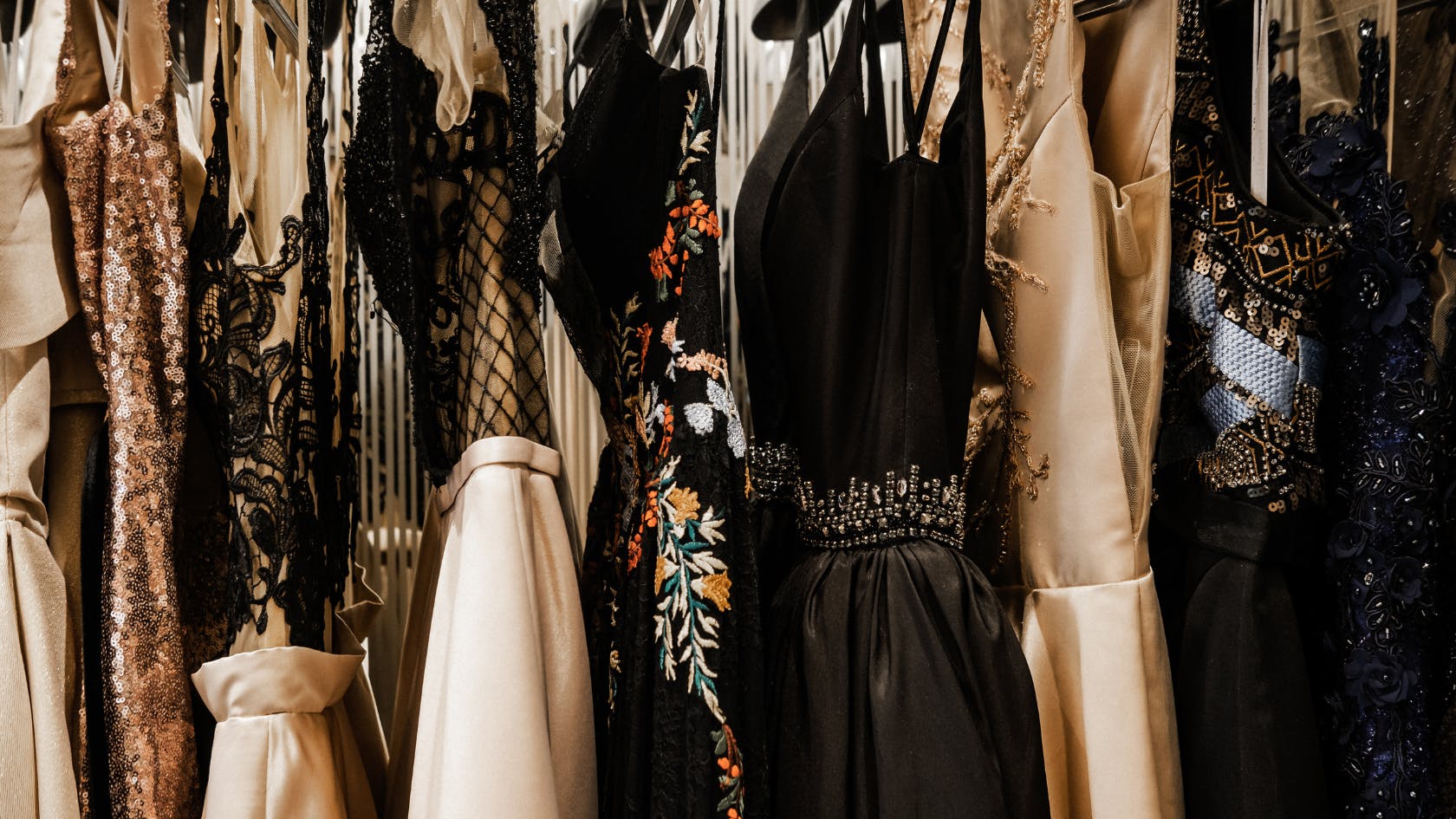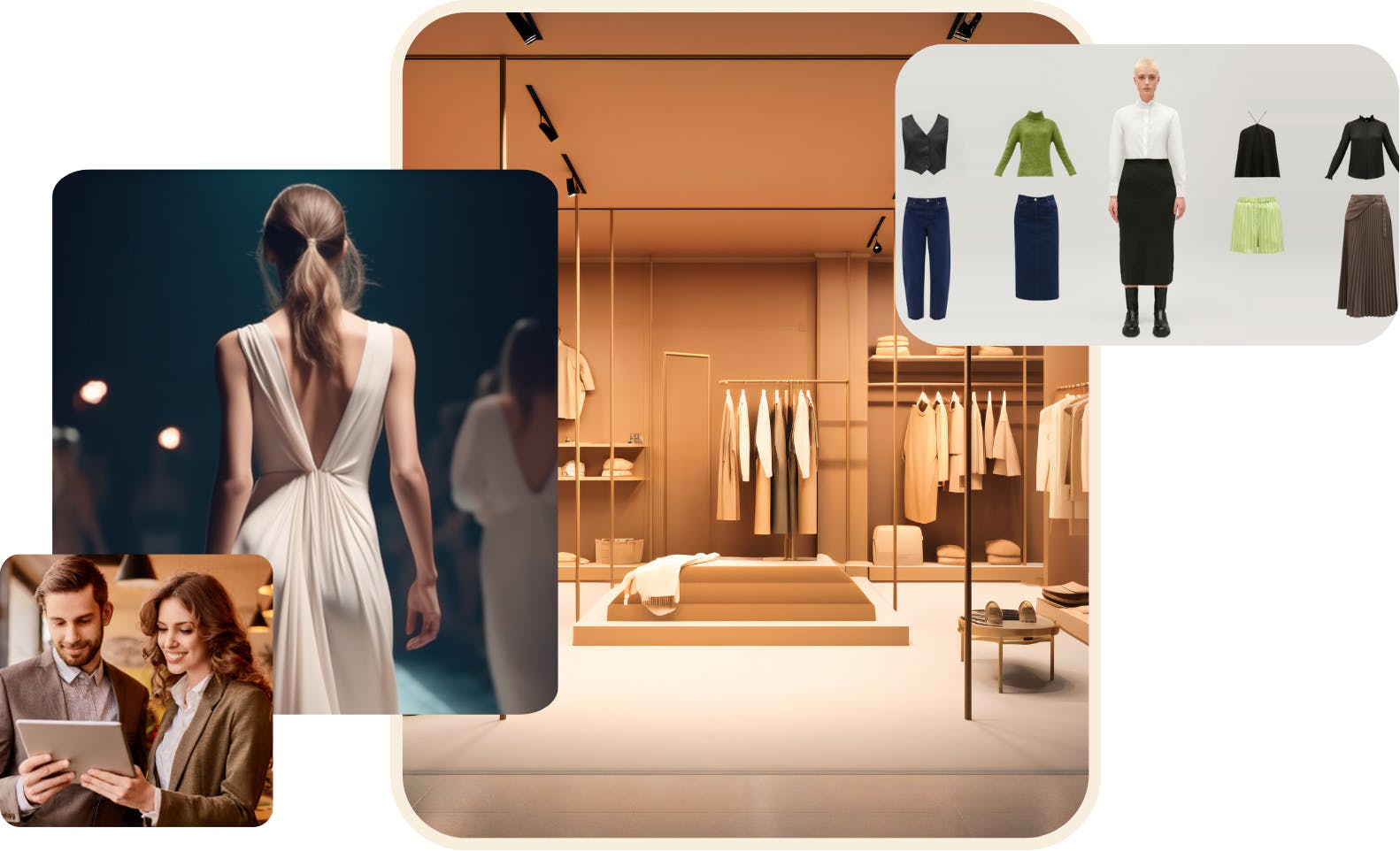
The Role of AI in Elevating Luxury Experiences
Artificial Intelligence (AI) is often associated with automation, efficiency, and scalability—concepts that might seem at odds with the world of luxury, where authenticity, craftsmanship, and exclusivity reign supreme. Despite these apparent contradictions, AI holds transformative potential for luxury brands, offering new ways to enhance the distinctive experiences they deliver to their discerning clientele.
AI as a Creative Partner, Not a Replacement
The hallmark of luxury lies in its ability to offer something rare and personalized. Rather than adopting AI to speed up production or reduce costs like in the mass market, luxury brands can implement AI to enhance creativity and precision. AI can be a tool that supports designers and artisans by generating insights from historical data, helping predict trends, and even inspiring new designs.
For example, AI can analyze years of customer preferences, sales data, and product success stories to forecast future fashion trends, allowing luxury brands to stay ahead of the curve. It can assist in creative exploration, such as suggesting new color palettes or experimenting with fresh design elements. This way, AI complements human creativity rather than replacing it, maintaining the authenticity that luxury consumers value while ensuring innovation.
Moreover, luxury brands can benefit from keeping AI implementations in-house to protect their intellectual property. By training AI models on brand-specific data such as proprietary sketches, design documents, and other creative assets, they safeguard the uniqueness that defines their identity. This careful approach ensures that AI enhances, rather than dilutes, the exclusivity of the brand.
AI in Clienteling: Strengthening Personal Connections
Another key area where AI can provide immense value for luxury brands is in customer relations, especially through personalized clienteling. Traditionally, luxury sales associates go above and beyond to foster meaningful relationships with their customers, offering personalized recommendations, exclusive previews, and tailored services that build long-term loyalty. AI can enhance this experience by giving associates deeper insights into each customer's purchase history, preferences, and even life events.
With AI-driven analytics, sales associates can offer more precise and thoughtful suggestions. Imagine being able to recommend pieces that perfectly complement a client's existing wardrobe or sending timely reminders about upcoming anniversaries or special occasions. This proactive personalization creates moments of delight, reinforcing the brand's commitment to exceptional service while increasing customer retention and sales.
AI also offers the ability to scale these personal touches without sacrificing quality. By automating some communications, luxury brands can maintain a consistent level of individual attention across a larger customer base, delivering personalized product recommendations, styling advice, or invitations to exclusive events.

Enhancing the Shopping Journey: Online and Offline
Beyond clienteling, AI can be seamlessly integrated into both online and offline luxury retail environments. On e-commerce platforms, AI can offer curated product recommendations, predictive sizing, and virtual try-ons, enhancing the online shopping experience without losing the high level of service customers expect from luxury brands. In physical stores, AI-powered tools can support sales associates with real-time data on product availability, customer preferences, and trends, further enhancing in-store interactions.
What’s essential for luxury brands is to ensure that AI remains in service of the human touch, rather than becoming the dominant feature of the shopping journey. The challenge is to use AI as an enabler of richer, more personal interactions without allowing it to diminish the warmth and trust that customers expect from luxury experiences.
Challenges and the Importance of Patience
While the potential for AI in luxury is clear, there are hurdles to overcome. Luxury brands must set realistic expectations around timelines and outcomes, as we are still in the early stages of AI adoption. According to a recent Gartner report, around 30% of generative AI projects could be abandoned after proof of concept by 2025 due to unmet expectations or lack of resources.
Furthermore, brands must be mindful of managing customer perceptions around AI. Any hint that AI is being used to reduce the level of human touch or authenticity could backfire, alienating the very customers luxury brands seek to engage. As AI evolves, it’s critical to approach its integration thoughtfully, ensuring that it remains a tool to elevate, rather than compromise, the luxury experience.
Lastly, AI should always function under the guidance of skilled human operators. Technology, no matter how advanced, lacks the emotional intelligence, judgment, and understanding of cultural and aesthetic nuances that are inherent to the luxury market. The human element must always be at the forefront to ensure that AI's use aligns with the brand's heritage and values.
Want to Dive Deeper?
For a more comprehensive analysis of how AI is reshaping the luxury industry, read my full article published in Luxury Daily. Explore how luxury brands are harnessing AI to create authentic, high-end experiences without compromising their core values.


"Complete the Look" Banners : is it enough ?
Scroll through any product page on a fashion eCommerce site and chances are you’ll see it: a “Wear it With” or “How to Style It” section, usually nestled just beneath the product. These are variations of what many fashion brands refer to as “Complete the Look” banners—a quick way to suggest complementary items that finish an outfit.

Has Online Shopping Lost Its Spark?
For years, e-commerce has delivered on convenience, speed, and scale. But something essential may have been lost along the way: the joy of shopping.

5 Ways Virtual Fitting Can Elevate Your Fashion Brand’s Online Presence
Virtual fitting has become a must-have in fashion e-commerce. Just like everything in fashion, ignoring the trend means falling behind. Virtual Fitting is more than a nice-to-have, it boosts your online shopping experience while making it more accessible and engaging for everyone.
